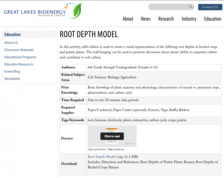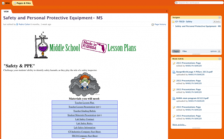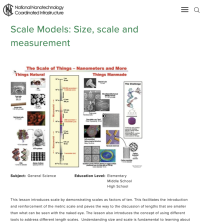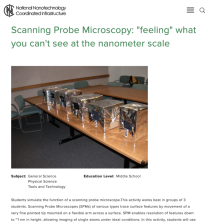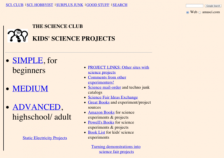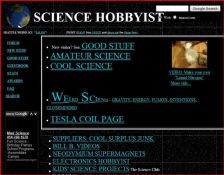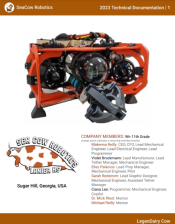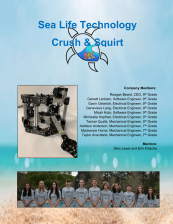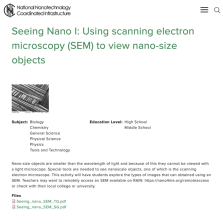Browse Resources
Resources |
|---|
Students will create a visual representation of the diverse spectrum of root depths of biofuel crops and prairie plants in this activity using raffia ribbon. The resulting wall hanging can facilitate discussion on carbon sequestration in plants and plant contribution to carbon in soil. This Root...
This activity for middle school students from the Florida Advanced Technological Education (FLATE) Center asks students to play the role of a safety inspector and identify safety hazards. The class will also learn the different types of Personal Protective Equipment, or PPE, as well as the...
This lesson, presented by the National Nanotechnology Coordinated Infrastructure, covers the general concept of scale by demonstrating factors of ten. The activity "facilitates the introduction and reinforcement of the metric scale and paves the way to the discussion of lengths that are smaller than...
Published by the National Nanotechnology Coordinated Infrastructure, this hour-long activity has students "simulate the function of a scanning probe microscope" by creating their own scanning probe microscope (SPM) boxes. The Teacher's Guide contains everything the instructor needs to carry out the...
This site features science fair projects that can be done by K-12 students. The projects are divided into simple, medium and advanced knowledge levels. Projects include ultra-simple electric generator, quick and simple telescope, supermagnet bead tricks, sticky electrostatics, drawing holograms by...
The Science Education Resource Center (SERC), an office of Carleton College, works to improve earth science education through projects that support educators. The office has special expertise in effective pedagogies, geoscience education, community organization, workshop leadership, digital...
This website, maintained by creator Bill Beaty, contains general science topics for study. Instructions for different science experiments are listed. Everything from super neodymium magnets, ten dollar infrared googles, and drawing holograms by hand can be found here.
This 25-page report, from Lanier High School, describes the design and construction of the underwater remotely operated vehicle (ROV) created by the Sea Cow Robotics team for the Ranger Class of the 2023 MATE ROV competition. MATE ROV is a global competition that challenges STEM students to build...
This 20-page report describes the design and construction of Crush, an underwater remotely operated vehicle (ROV), and Squirt, a micro ROV. This report was created by Sea Life Technology, a student group that participated in the 2021 MATE ROV competition's Ranger class. MATE ROV is a global...
This lab, presented by the National Nanotechnology Coordinated Infrastructure, teaches students about Scanning Electron Microscopy (SEM). Nanoparticles are too small to be viewed with a light microscope so a SEM must be employed which "uses electrons to image the surface of a material." A Teacher's...
|
| ← PreviousNext → |
